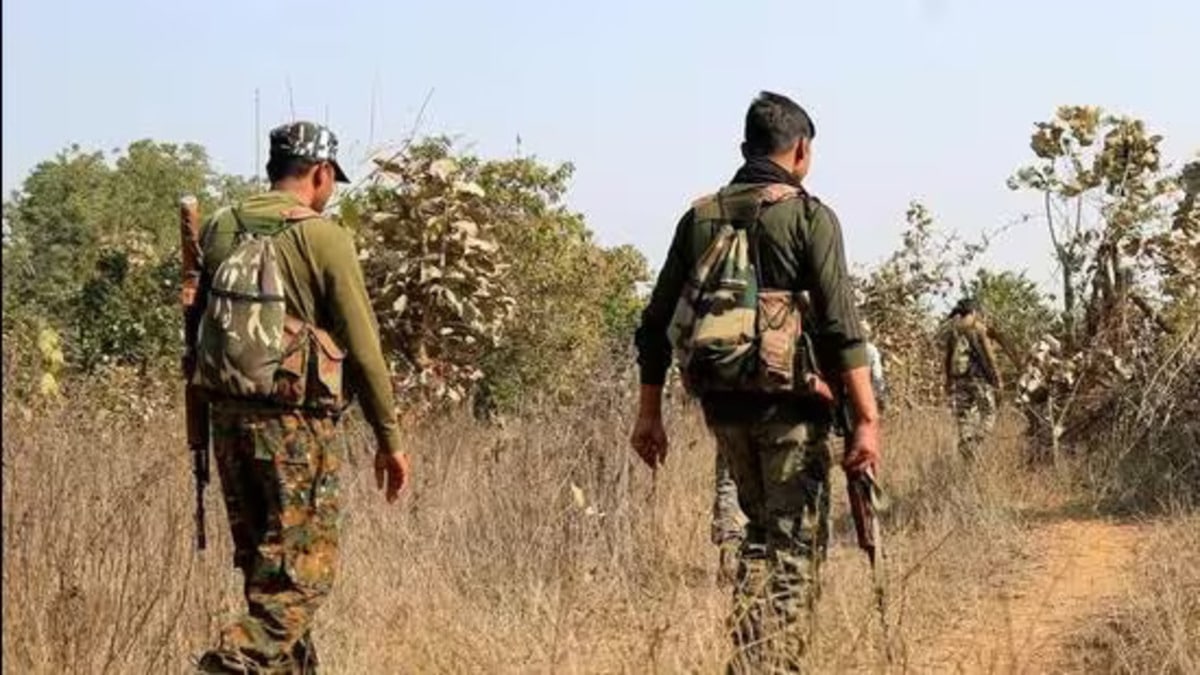In a bid to counter Maoist insurgency, Chhattisgarh has witnessed a rise in anti-Maoist operations since November 2023, reaching the highest levels in November and December of that year, as reported by state police data. The strategic move comes in response to a coordinated offensive by the Maoist rebels, posing a considerable threat to the ruling authorities.
Police data indicates a significant fluctuation in anti-Maoist operations throughout the past year. July and August saw only four operations, a number that dropped to two in September and October. However, the landscape changed dramatically in November, witnessing a surge with 12 operations, followed by nine in December 2023.
A noteworthy aspect highlighted in the data is the impact of Maoist activities during this period. Security forces reportedly arrested 59 insurgents in December, marking the highest monthly arrest figure for 2023. Before this, July witnessed 15 rebels being apprehended. In total, 173 Maoists were arrested between July and December 2023, while 12 lost their lives in confrontations with security forces.
Comparatively, in 2022, 16 Maoists were killed during the same period, and in 2021, 23 lost their lives in encounters with security forces. The number of Maoists surrendering showed a decline from 324 in 2021 to 128 in 2022.
The increased intensity of operations, however, has not come without a cost. Civilian casualties rose in November and December, with Maoists allegedly killing 12 civilians in November alone. Two civilians lost their lives in September, while no incidents were reported in October. Over the six months, a total of 17 civilians fell victim to alleged Maoist violence, according to the data. In the corresponding period in 2022, 15 civilians were reported dead.
Security officials attributed the heightened operations to directives from Union Home Minister Amit Shah, who, during a speech in Chhattisgarh in October, asserted that left-wing extremism in India was in its last phase and would be eradicated within the next two years. The officials indicated a plan for increased anti-Maoist operations post the Lok Sabha Elections in 2024.
Paramilitary officers emphasized the focus on Maoist-affected areas, particularly the Bastar region, with an infusion of more troops and sophisticated equipment anticipated in the coming months. The increase in operations aligns with the broader directive to wipe out Maoists, intensifying efforts in Maoist stronghold districts.
The recent change in the Chhattisgarh government, with the BJP securing victory in the December 3 elections, is seen as a potential catalyst for enhanced coordination between Central and state government security forces. A shift from prior conflicts between the central and state governments is anticipated, fostering a more synchronized approach to anti-Maoist efforts.
In response to the developments, Inspector General of Police, Bastar Range, Sunderaj P, expressed optimism, stating that the fight against Maoists in Bastar is in its decisive phase. Sunderaj P highlighted significant progress in eroding Maoist strongholds, with reduced large-scale recruitments and increasing instances of surrenders or arrests.
While the BJP spokesperson, Ajay Chandrakar, pledged an ideological stance against Maoists and an aggressive approach in anti-naxal operations, the Congress spokesperson, RP Singh, emphasized the party’s role in reducing Maoist presence to two districts during its tenure. The political discourse intertwines with the complex and long-standing challenge of eradicating Maoist influence in Chhattisgarh, bringing forth a mix of optimism and challenges in the region’s security landscape.

